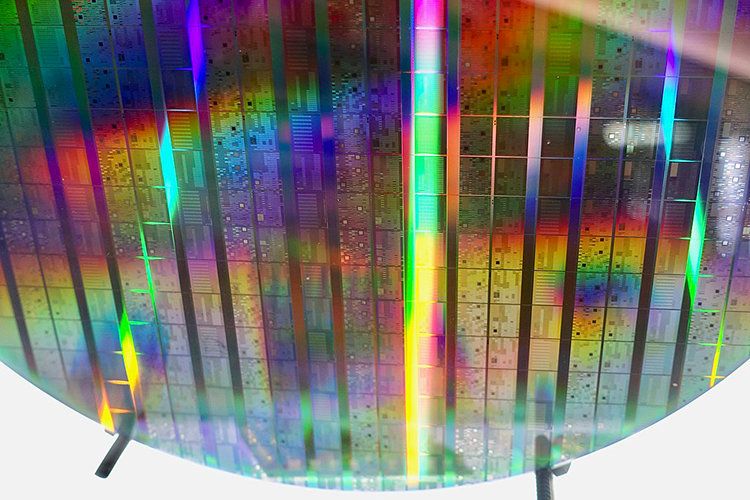As multiple research groups around the world race to build a scalable quantum computer, questions remain about how the achievement of quantum supremacy will be verified.
Quantum supremacy is the term that describes a quantum computer’s ability to solve a computational task that would be prohibitively difficult for any classical algorithm. It is considered a critical milestone in quantum computing, but because the very nature of quantum activity defies traditional corroboration, there have been parallel efforts to find a way to prove that quantum supremacy has been achieved.
Researchers at the University of California, Berkeley, have just weighed in by giving a leading practical proposal known as random circuit sampling (RCS) a qualified seal of approval with the weight of complexity theoretic evidence behind it. Random circuit sampling is the technique Google has put forward to prove whether or not it has achieved quantum supremacy with a 72-qubit computer chip called Bristlecone, unveiled earlier this year.









Comments are closed.